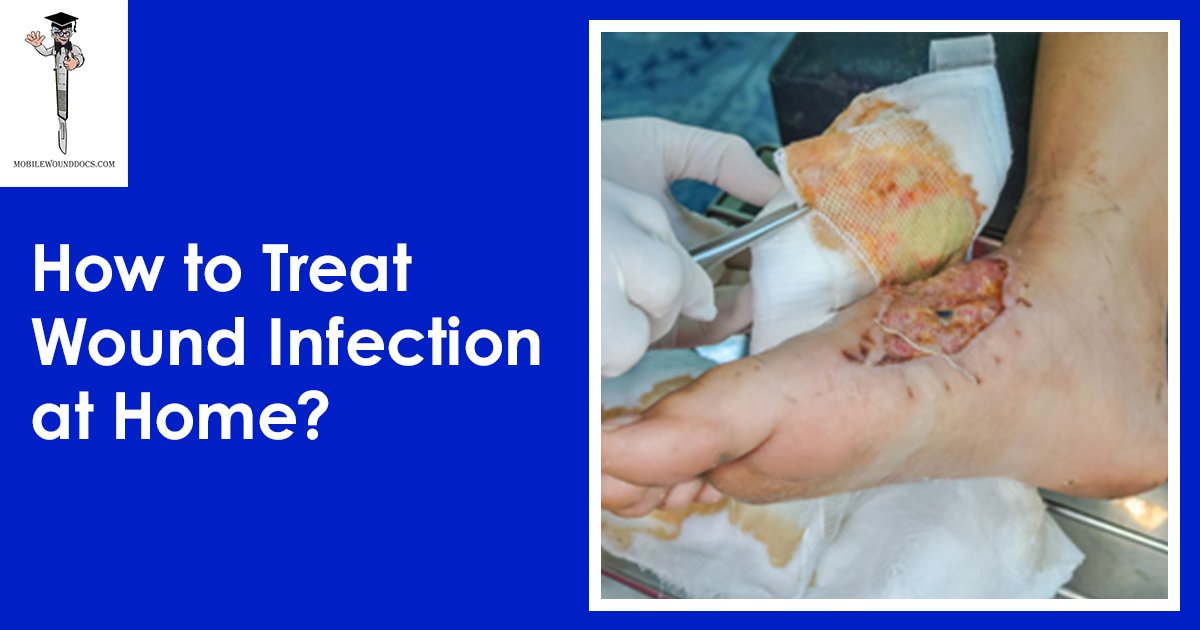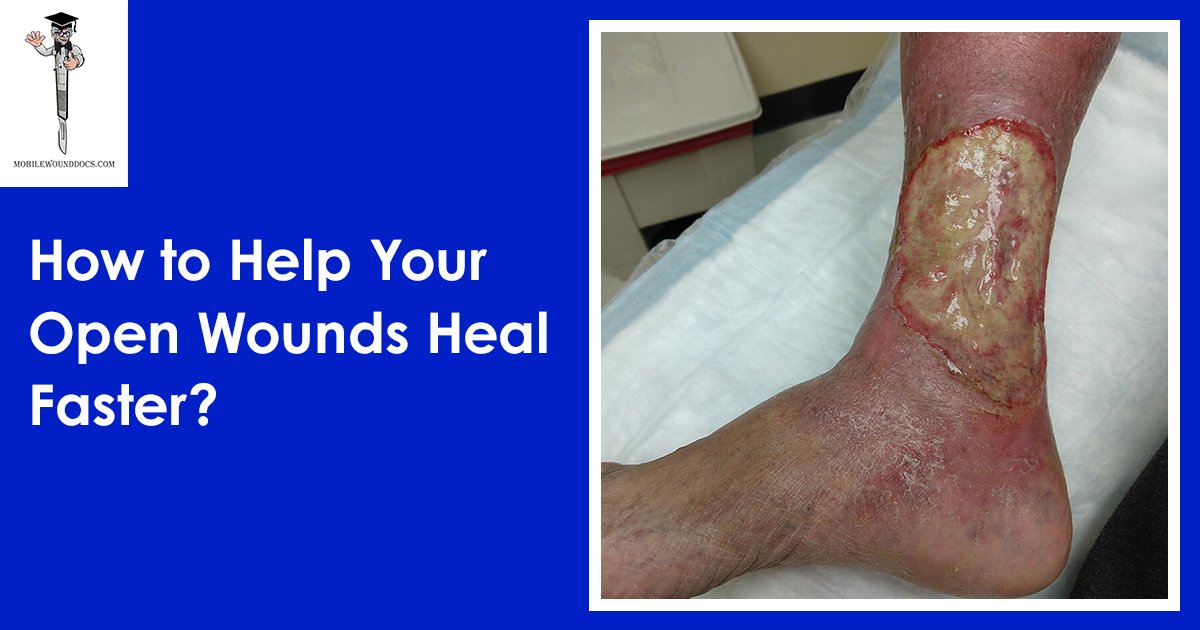Daniel Davidson, MD, MBA, DBA, PHD
Introduction:
Colostomy surgery, which entails making an incision in the abdominal wall to redirect the transit of stool, is frequently required for patients suffering from inflammatory bowel disease, colon cancer, or obstructions of the bowel. Many patients find that having a colostomy improves their quality of life, but there are special wound care issues that come with the procedure. In order to avoid difficulties, encourage healing, and guarantee the general wellbeing of colostomy patients, proper wound care is crucial. This article delves into the particular wound care considerations that affect people who have colostomies.
Stoma Care:
Cleaning:
To clean the stoma and surrounding skin, use lukewarm water and a mild, unscented soap or specialist ostomy cleaner.
Dry the area gently with a clean, soft towel. Refrain from rubbing or scraping the sensitive stoma tissue as this may irritate it or harm it.
Examine:
Examine the stoma frequently for indications of infection, discomfort, or modifications in its size, shape, or color.
Examine the area surrounding the stoma for signs of redness, swelling, discharge, or bleeding as these could point to a medical issue that has to be addressed.
Skin Defense:
To protect the peristomal skin from moisture, irritation, and sticky products, apply a skin barrier product, such as a protective cream, ointment, or powder.
To stop leaks and skin deterioration, make sure the skin barrier is just a little bit longer than the stoma’s borders.
Correct Fit:
Make sure there are no gaps or excessive pressure points when the ostomy device (pouching system) is fitted tightly around the stoma.
To precisely measure the stoma’s size and form and choose the right size ostomy appliance, use a measuring guide.
To keep the ostomy appliance sealed and stop leaks, check its fit frequently and modify as necessary.
Protection for Stomas:
When engaging in activities that could cause trauma or harm, such contact sports or hard lifting, keep the stoma safe.
If required, cover the stoma with a protective cover or stoma guard to keep it safe from pressure or impact.
Skin Defense:
The skin surrounding the stoma is vulnerable to breakdown and irritation from products that adhere the ostomy equipment in place, as well as from exposure to excrement and moisture. Considerations for skin protection include:
Barrier Products:
To protect the perisomal skin from stool and adhesive products, apply a skin barrier product, such as a protective cream or paste.
Appropriate Fit:
Make sure the ostomy appliance fits around the stoma tightly enough to prevent leaks or excessive pressure. Skin irritation and disintegration might result from an improper fit.
Preventing Irritants:
Steer clear of items that could irritate the area around the stoma site, such as those that contain alcohol or fragrance. If necessary, choose ostomy supplies made especially for delicate skin.
Maintenance of Ostomy Appliances:
To guarantee optimal performance and stop leaks, the ostomy appliance—including the pouching system and adhesive barrier—needs to be maintained on a regular basis. Among the maintenance factors are:
Frequent Changes:
If leakage or skin irritation occurs, the ostomy pouching system should be changed as soon as possible. This usually happens every three to seven days.
Appropriate Application:
To guarantee a safe and impenetrable seal around the stoma, apply the ostomy pouching system in accordance with the manufacturer’s instructions.
Monitoring Output:
To avoid excessive weight and leaking, keep an eye on the amount of feces coming out of the ostomy pouch and empty it when it is between one-third and half filled.
Nutritional Points to Remember:
The consistency, odor, and output of feces can all be impacted by particular foods and beverages, therefore diet plays a big part in managing colostomies. Dietary factors consist of:
Balanced Diet:
To encourage regular bowel movement and avoid constipation or diarrhea, keep a diet rich in fiber, fruits, vegetables, and water.
Foods That Produce Gas:
Reduce the amount of gas-producing items you eat, such as broccoli, cabbage, beans, and carbonated drinks, as they can cause pouch inflation and increased gas production.
Hydration:
To stay hydrated and avoid dehydration, which can alter stool consistency and output, drink lots of fluids, especially water.
Psychological Assistance:
Patients may experience substantial psychological effects from having a colostomy, including changes in their quality of life, self-esteem, and body image. Considerations for psychological support consist of:
Counseling and Education:
Offer colostomy patients and their caregivers counseling and education on how to deal with emotional difficulties, adjust to living with a colostomy, and look for peer or support group support.
Body Image Support:
Provide comfort and encouragement to individuals who are experiencing problems with their body image as a result of having a colostomy. Promote open communication and offer tools for self-care and coping mechanisms.
Physical activity and exercise:
Regular physical activity and exercise can improve general health and well-being in colostomy patients. Exercise maintains muscle strength, elevates mood, and facilitates better bowel function. When it comes to physical activity and exercise, take into account:
Consultation with Healthcare practitioner:
Colostomy patients should ensure that their selected exercises are safe and acceptable by consulting with their healthcare practitioner prior to beginning an exercise plan.
Selecting Appropriate Activities:
Encourage low-impact activities that don’t put undue tension on the stoma site or the abdominal muscles, such cycling, walking, or swimming.
Appropriate Stoma Protection:
Give advice on how to keep the stoma safe when exercising, including how to use a belt or stoma protection to avoid rubbing or harm.
Management of Ostomy Complications:
Colostomy patients may have ostomy-related problems such stoma prolapse, retraction, or herniation even with careful management. It is essential to identify and treat these issues as soon as possible. Taking into account the management of ostomy problems involves:
Frequent Follow-up:
Make routine follow-up appointments with a healthcare professional to monitor the operation of your stoma, look for any issues, and modify your therapy as necessary.
Instruction regarding Complications:
Teach colostomy patients and their carrers how to spot ostomy complications’ warning signs and symptoms, such as changes in stoma size, color, or output, and when to get help from a doctor.
Working Together with Experts:
Work together with experts to provide skilled treatment of ostomy issues and specialized care interventions, such as wound care or ostomy nurses.
Conclusion:
For colostomy patients, wound care measures are critical to preserving skin integrity, averting problems, and enhancing general wellbeing. Healthcare providers may guarantee that patients with colostomies receive complete care that is customized to meet their individual needs by attending to stoma care, skin protection, ostomy appliance maintenance, nutritional considerations, and psychological support. For those who have a colostomy, good wound care management raises their quality of life in addition to their physical health.








